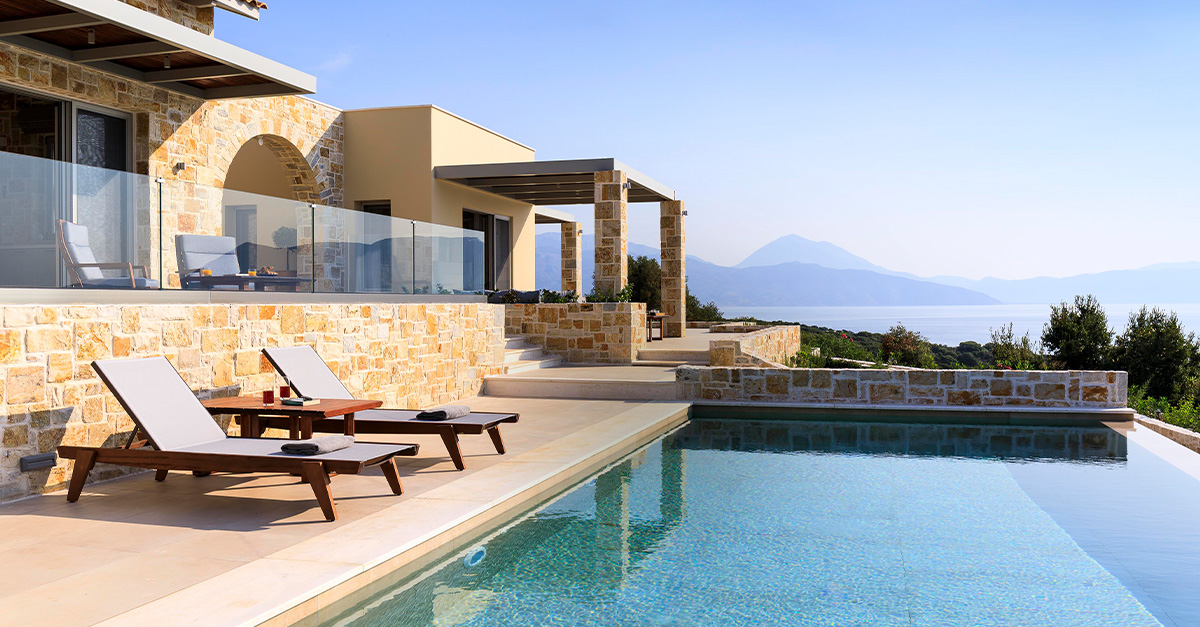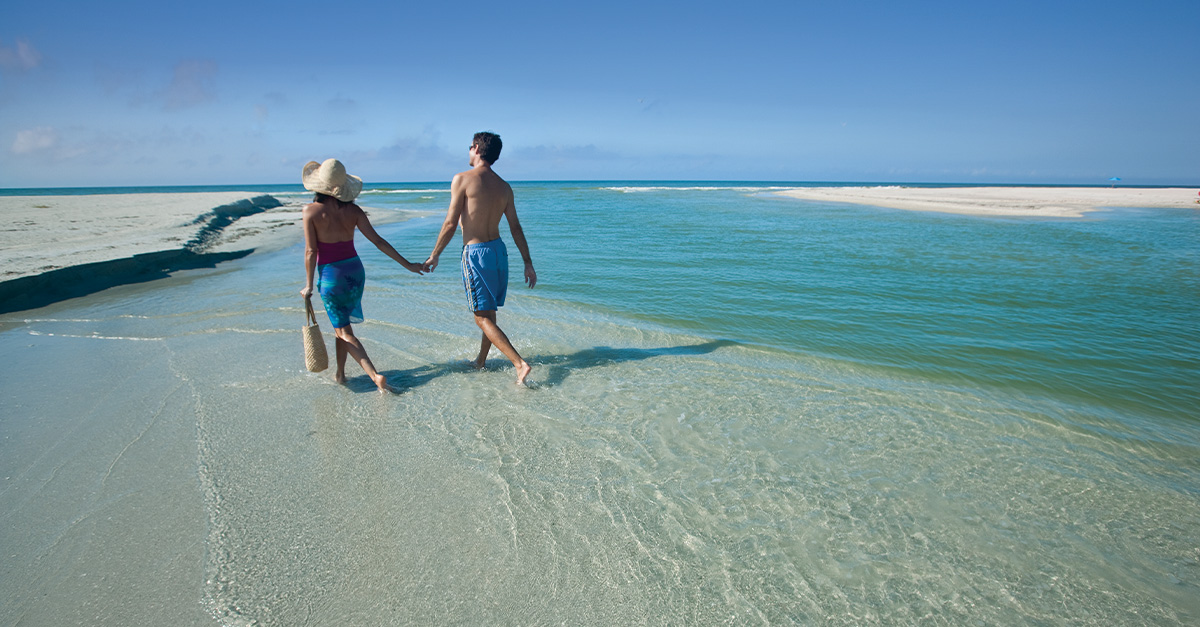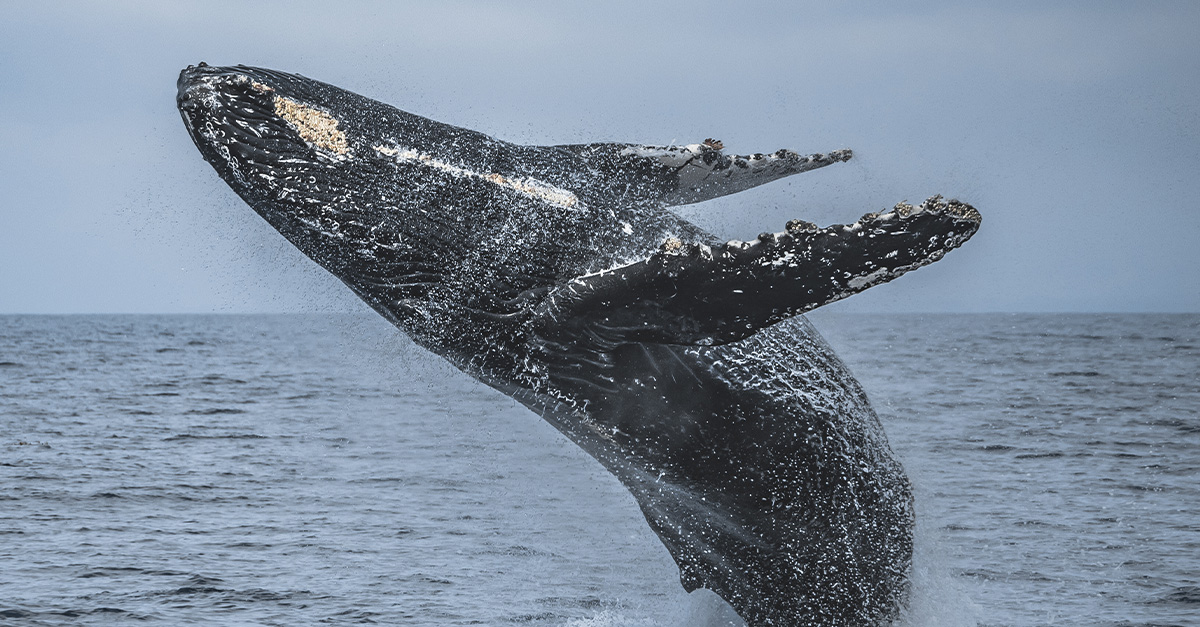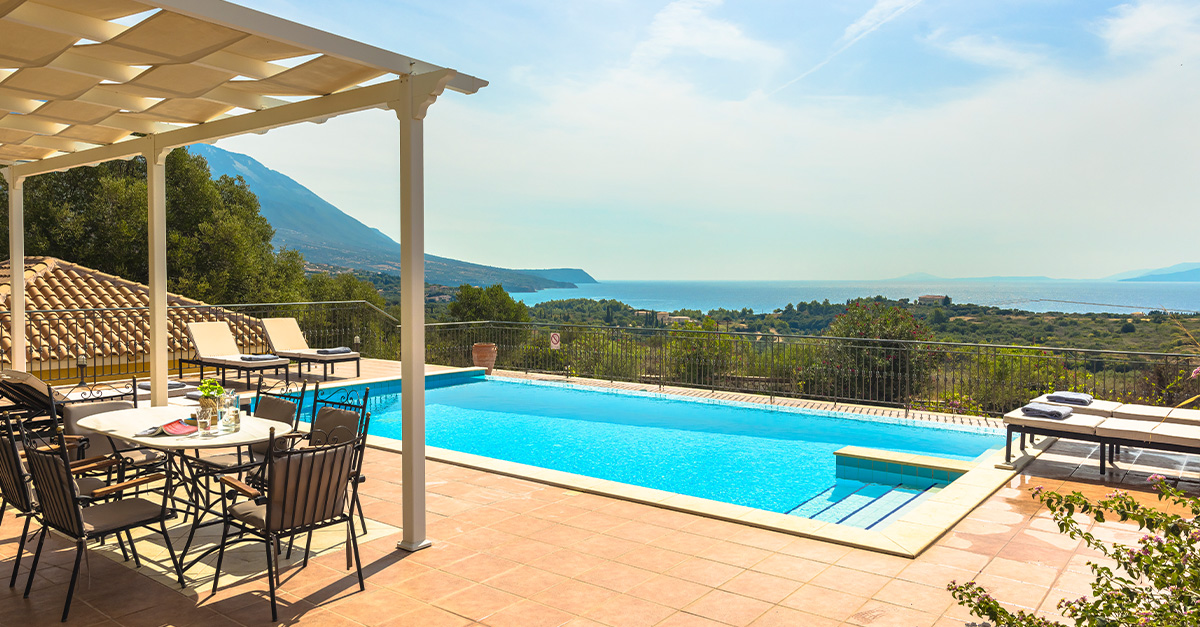Visitors are flocking to the belle of the Balkans. Of the 11 million who travelled to Croatia last year, 260,000 were from the UK.
Croatia’s popularity isn’t simply down to its balmy climate, or breadth of attractions (though it does offer beaches, history, culture, nature and activities in abundance).
It’s also the manageable size of the country, which allows tourists to get a real flavour of Croatia in a relatively short time.
This year it will also benefit from being outside the more expensive eurozone, and from an increase in low-cost flights.
Croatian National Tourist Board London director Meri Matesic said: “Croatia is a small but very diverse country, with everything in easy reach – and it’s only a two-hour flight away.
“Visitors can enjoy culture, beaches and activities as varied as bungee jumping and birdwatching.”
Hotspots include the well-known Dalmatian Coast, but Matesic also predicts a growth in popularity for the Kvarner region, and for continental Croatia, the leg of the country which kicks around the back of Bosnia, away from the coast.
This year the tourist board is also targeting families and younger visitors in addition to the destination’s bread-and-butter market of more mature travellers.
For families
The Adriatic, sandwiched between the back of the Italian boot and the Balkan coast, is a fabulous ocean for children – warm, clear, calm and safe for swimming.
There are 125 blue flag beaches on the Croatian coast, and though most are pebble or shingle you can find sand for pernickety customers on many of the islands and further north on the Istrian and Kvarner Rivieras.
The Marmarska region is key for this market, according to Croatia specialist Holiday Options. The island of Brac is popular due to its famous Zlatni Rat (golden horn) beach where a narrow shingle peninsula stretches out dramatically several hundred metres into the sea.
Hotels and resorts are increasingly catering to the family market with activities and facilities. Due to open in July this year is the Falkensteiner Punta Skala resort in Zadar, which will have a dedicated children’s water park and play area.
For those looking to reduce their budgets, camping is also an option – Keycamp has a park near Porec. Activities abound in Croatia, with sailing and sea kayaking, white-water rafting, canyoning and abseiling.
Tennis facilities are also in abundance – no surprise in the country that produced Goran Ivanisevic. Explore offers an active adventure holiday tailored to families.
For party animals
Hvar is the place to send younger clients who are looking for clubs, and stylish bars. Gwyneth Paltrow and Kevin Spacey are among the celebs who have chosen to holiday here, enjoying the thriving nightlife along the waterfront.
It’s busy and buzzing in summer, with tourists and locals partying until the small hours. Zadar has a trendy edge, with two modernist art installations.
‘Greeting to the Sun’ uses solar panels to create light displays at night, and the ‘Sea Organ’ is just that, the ocean producing sounds by moving through huge pipes.
The Garden Festival of music happens here in July, and on the nearby island of Pag partygoers make for Zrce for its famed beach parties.
For history and culture
It’s hard to avoid history in Croatia – the country sells itself as the Mediterranean as it used to be. Despite the march of mass-market tourism, the cities, towns and villages retain their authentic feel and traditional look.
The country’s capital Zagreb is an elegant place with world-class museums and stylish hotels suited to well-heeled clients looking for an alternative to more run-of-the-mill city break options.
The iconic old walled city of Dubrovnik is a piece of living history and Split is full of 8th century churches and Roman remains like Diocletian’s Palace. Istria has a strong Roman influence too, with the colosseum at Pula and the picture-perfect streets of Rovinj.
For peace and quiet
The Dalmatian Coast around Split, Makarska and Dubrovnik pulls in the tourists, but the Istrian and Kvarner rivieras further north are much quieter. They abound with historic towns reeking of Roman influence, lush green surroundings and beaches free from crowds.
There are many picturesque castles to visit in the area surrounding Zagreb, and the Slavonica region to the east of the city is home to nearly 300 species of birds in the Kopacki Rit nature park.
Further south, serenity can be found on the Elaphiti islands or in one of the small towns south of Dubrovnik. The tranquillity of a villa is perfect for those desiring privacy, and there’s a large choice, most with private pools.
Holiday Options, Thomson, Inghams and Abercrombie and Kent all offer villas options.
For diversity
For those who really like to ‘do’ a destination thoroughly, there are plenty of operators who offer tours taking in the highlights of the country.
Regent Holidays and Inghams both offer seven-night coach tours with almost identical itineraries, visiting Dubrovnik, Osijek, Zagreb, Zadar, Split and the Plitvice National Park, and Shearings and Insight Vacations offer similar packages.
If clients prefer a less hectic pace, suggest a cruise down the Dalmatian Coast. These tend to start either in Split or Dubrovnik, hopping between islands such as Hvar, Korcula and the Elaphiti group.
Regent, Explore and Thomas Cook offer seven-night programmes.
Croatian roads are picturesque, following the winding coastline or cutting through mountain passes, passing vineyards or historic towns, so a self-drive package is a great option for those who like to go it alone.
Regent’s 10-day itinerary begins in Split, visits Hvar island, the Plitvice and Krka National Parks and the historic towns of Pula and Zadar.
Twin-centre options are perfect for those who would like some variation but don’t want to be constantly on the move. Balkan Holidays and Cosmos both twin the unspoilt, beach-heavy island of Korcula with historic Dubrovnik.




